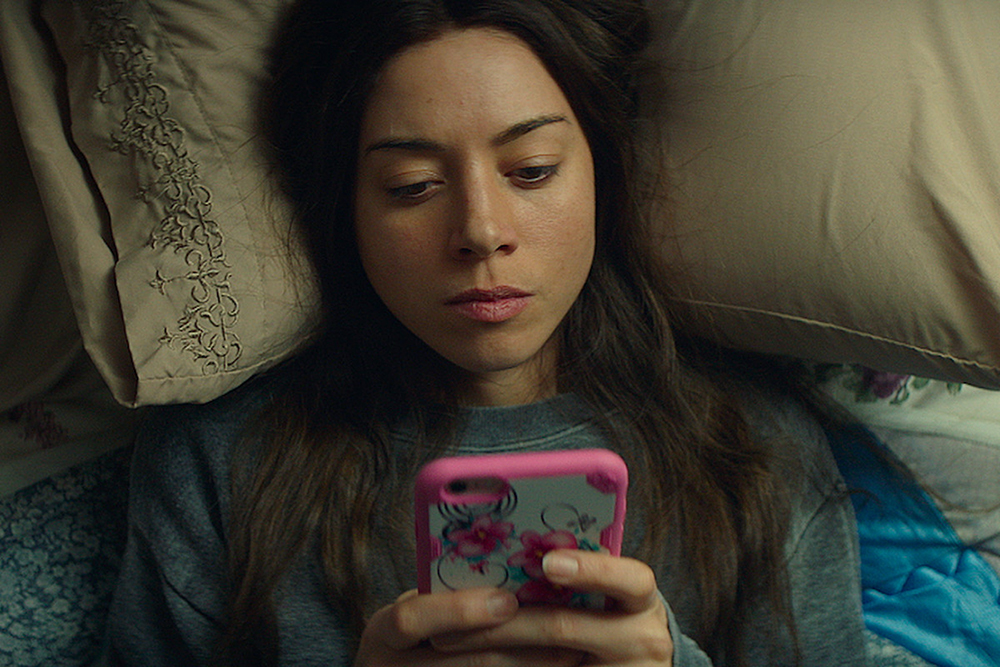“If you don’t have anyone to share anything with, then what’s the point of living?”
This sentiment, as stated by Aubrey Plaza’s troubled title character in “Ingrid Goes West,” has rung true throughout human history. We all long to connect with those around us and share our life experiences with people we care about.
But the statement above has become pertinent; especially to a society filled with people who primarily interact with others by staring at a phone screen. Many of us feel compelled to divulge information about our day-to-day lives with the rest of the world by way of posting on social media. Yet more of us indulge in this ritual of oversharing and social media for fear of being left out.
Tech’s Ruling Influence
Tech’s influence on us is unmistakable. The proliferation of social media has shaped modern society into a tech-crazed, zombified version of itself. And from my point of view, it’s only getting worse. Today’s generation knows nothing other than a life saturated by incessant social media use along with decreased face-to-face interaction. What effect will this have on the more socially underdeveloped among us?
In short, Matt Spicer’s “Ingrid Goes West” takes a shot at answering that question for us. It is a biting black comedy packed with relevant social commentary. The film sets its satire on the complexity of social media and the implications of its rampant usage.

Plaza’s Ingrid Thorburn is a lonely soul in search of some semblance of companionship. After her mom passes—and with no true friends—she turns to Instagram to find the company she sorely lacks. Her eye is caught by glamorous social media influencer Taylor Sloane (Elizabeth Olsen), whose life appears perfect in every way. Ingrid is desperate to establish a connection… with somebody, anybody. So, upon receiving a friendly reply from Sloane to a comment she posted, she packs up and moves west to track down the object of her idolization.
An inner-look at society
If that seems insane to you, it should. Spicer’s screenplay, co-written by David Branson Smith, presents a myriad of situations. First it starts with Ingrid’s obsession with social media and how she allows it to influence her real-life encounters, and then points a mirror in our direction. To varying degrees, audience members of “Ingrid Goes West”— perhaps with a tinge of shame—will be able to identify aspects of their own relationship with the Internet and social platforms Ingrid’s obsession with her social media account.
The rest of the film doesn’t get any less wacky, either. “Ingrid Goes West” is wild and unpredictable; it’s a foray into the destructive underbelly of social media. Powered by excellent lead performances, the film is entertaining and funny in a deliciously-dark way. But the movie is also unsettling. Spicer and company pull no punches in their depiction of our unhealthy fascination with our phones. If you don’t feel at least a little uncomfortable while watching this movie, and maybe even feel compelled to leave your phone at home next time you go out, then you probably aren’t paying close attention.
In summary, “Ingrid Goes West” is humorous and insightful. If your first thought upon waking up in the morning is, where’s my phone?, this movie might feel like a personal attack against you. If that’s the case, perhaps use it as an opportunity for some self-reflection. I think we could all use some of that in regards to our fixation with the hunks of metal and plastic in our pockets.
*”Ingrid Goes West” is currently available to watch on most streaming platforms.


